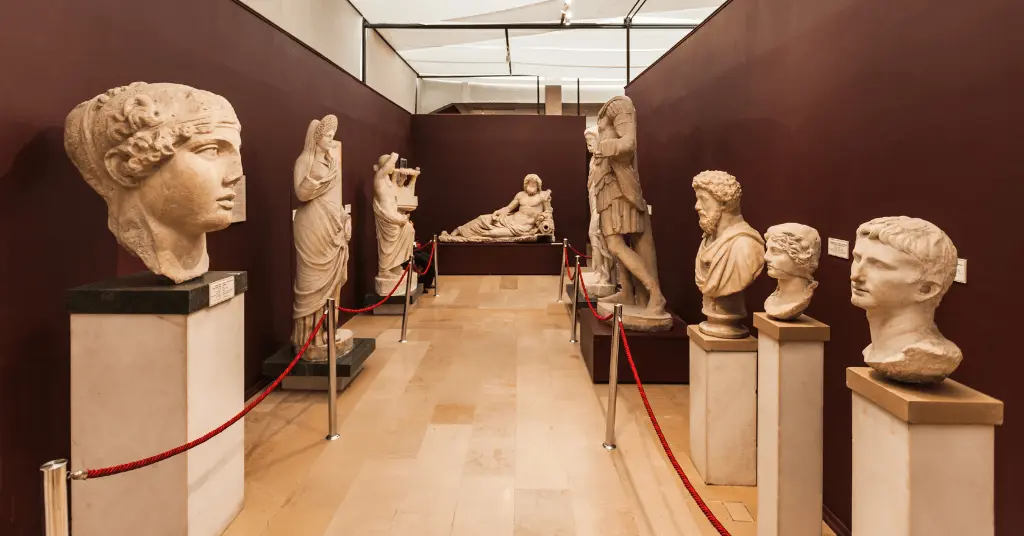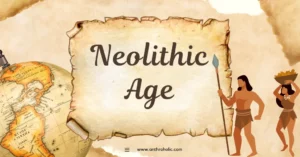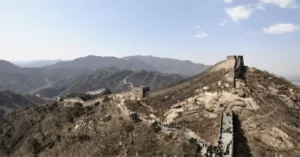AI Answer Evaluation Platform Live Now. Try Free Answer Evaluation Now
Historical Archaeology
Historical archaeology is the study of the physical evidence of ancient cultures that lived during and after the time of written records, typically from the 15th century to the present. It is an interdisciplinary discipline that integrates archaeological methodologies with historical studies to explore the material culture of earlier cultures. Historical archaeology may give vital insights into the lives and experiences of those who were not well represented in written documents, such as slaves, women, and indigenous people.

Locations that Historical Archaeologists may Study
- Colonial villages and plantations
- Industrial sites, such as factories and mills
- Urban zones, including slums and tenements
- Military forts and battlefields
- Transportation infrastructure, such as canals and railways
- Residential areas, such as dwellings and gardens
Historical archaeologists utilize a number of approaches to explore these sites, including excavation, survey, mapping, and item analysis. They also often work closely with historians to examine their finds and get a more complete picture of the past.
One of the challenges of historical archaeology is the complicated layering of material culture that may occur at diverse locations. For example, a colonial plantation site may have been occupied by multiple separate groups throughout time, each leaving their own distinctive material culture. Historical archaeologists must painstakingly unearth and study each layer of evidence to construct an accurate picture of the site’s past.
Finally, historical archaeology gives a helpful perspective on the past, enabling us to better grasp the difficult social and economic conditions that generated our civilization.
Interrelationship between Archaeology and History
Archaeology and history are closely connected subjects that both attempt to understand the past, but they approach this objective from various angles and using distinct methodologies.
History is the study of the past utilizing written materials, such as papers, diaries, letters, and other types of written communication. Historians utilize these data to recreate previous events and cultures, and to assess the importance of these events and their influence on human culture and society.
Archaeology, on the other hand, is the study of the past through the exploration of material remains, such as artifacts, buildings, and other tangible indicators of human activity. Archaeologists utilize these remnants to rebuild previous civilizations and communities, and to uncover how people lived, worked, and interacted with one another.
Despite these discrepancies, archaeology and history are complementary sciences that may work together to build a more thorough knowledge of the past. For example, historical records may give crucial context and background information for archaeological study, while archaeological finds could question or fill gaps in our historical knowledge of the past.
Historians may employ archaeological data to corroborate or invalidate written records, and to get insight into the everyday lives of those who were not adequately represented in historical documents, such as slaves, women, and indigenous people. Archaeologists may utilise historical texts to understand the social and economic environment in which artifacts and other material remnants were made and consumed.
In summation, although archaeology and history have independent methodologies and methodology, they both strive to understand the past and may benefit from each other’s study and discoveries.
Different viewpoints on Historical archaeology
Historical archaeology is a multidisciplinary field that combines archaeology and history to study the material culture of societies that existed during and after the period of written records, generally from the 15th century to the present. As a result, there are conflicting perspectives of what characterizes historical archaeology and what its purposes and practices should be.
One interpretation of historical archaeology emphasizes the study of the material culture of the past in order to acquire a greater understanding of the social, economic, and political situations of the age. This strategy generally entails excavating and examining the material remnants of ordinary life, such as household sites, waste dumps, and industrial sites, in order to recreate the material culture of previous civilizations and the manner in which people lived, worked, and interacted with one another.
Another feature of historical archaeology stresses the requirement of integrating archaeological methodologies with historical studies in order to grasp the historical context of the material remains being researched. This approach generally entails researching historical records, maps, and other sources in order to get a broader grasp of the social, economic, and political situations of the period, and to contextualize the material remains being examined.
A third way of historical archaeology underlines the relevance of understanding the influence of colonialism, slavery, and other sorts of oppression on past cultures. This technique often entails digging and studying the material remains of regions linked with various types of oppression, as well as analyzing historical records and other sources to understand the social, economic, and political context of these sites.
Overall, these different interpretations of historical archaeology reflect the many aims and methodologies of the field and emphasize the ways in which archaeology and history may be merged to obtain a fuller knowledge of the past.
Researchers practicing Historical archaeology
There are several academics who have contributed to the realm of historical archaeology, and their work has assisted to enhance the field through time. Some renowned researchers investigating historical archaeology include:
- James Deetz Was an American historical archaeologist who pioneered the use of archaeology to evaluate the material culture of early American colonies, and helped to develop the discipline of historical archaeology.
- Ivor Noel Hume Was a British-American archaeologist who undertook significant excavations of colonial sites in Virginia and helped to pioneer the discipline of historical archaeology in the United States.
- Kathleen Deagan Is an American archaeologist who has conducted extensive study on Spanish colonial sites in the Americas and is noted for her work on the material culture of early American colonies.
- Mark Leone Is an American archaeologist who has conducted extensive study on African American communities in Maryland and is noted for his work on the archaeology of slavery and the African diaspora.
- Laurajane Smith Is an Australian archaeologist who has performed substantial study on the link between material culture, memory, and identity, and has contributed to the development of a critical approach to historical archaeology.
These academics, among others, have made major contributions to the topic of historical archaeology, and their work has contributed to influence our knowledge of the material culture of ancient civilizations and the manner in which people lived, worked, and interacted with one another.




